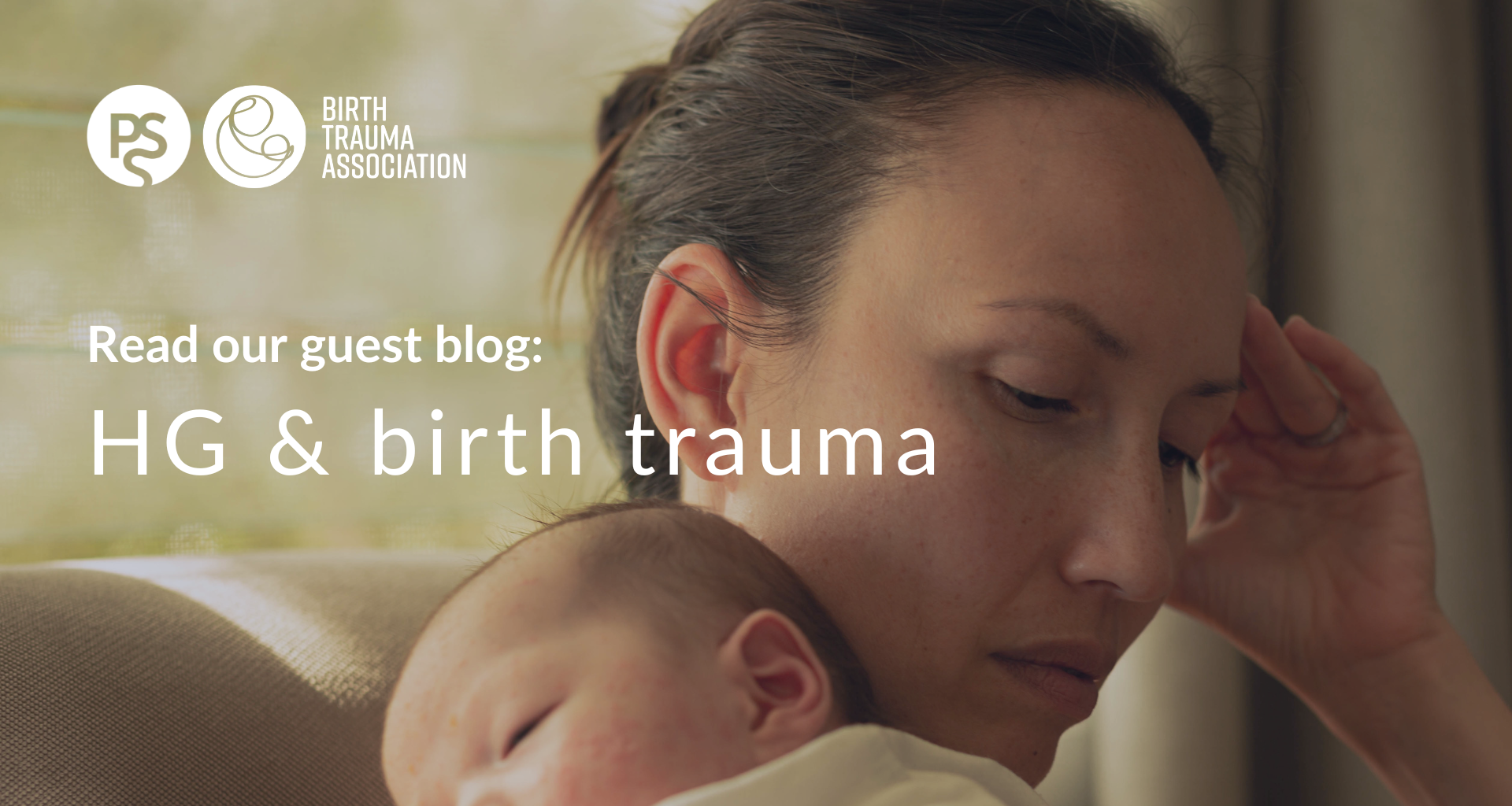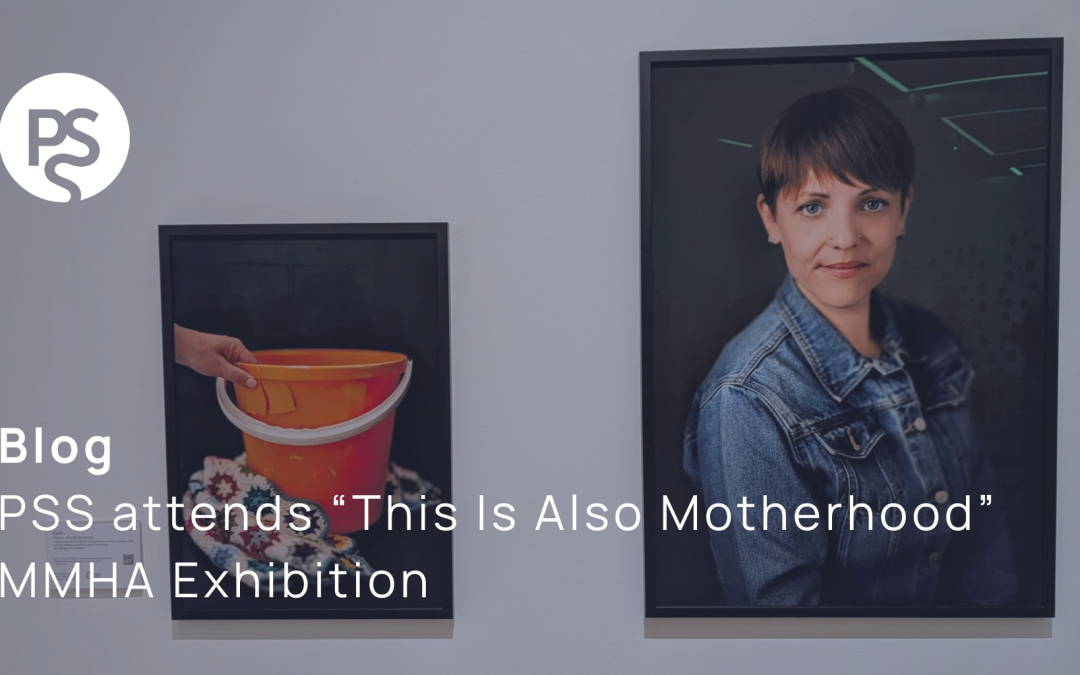Hyperemesis gravidarum is an extreme form of pregnancy sickness, often misunderstood and dismissed by healthcare professionals. Charlotte Howden and Lindsay Salmon of Pregnancy Sickness Support explain why better support and care is needed for those who suffer from the condition
The intersection of hyperemesis gravidarum (HG) and birth trauma marks a critical, yet often neglected, aspect of maternal health. Recent parliamentary debates have shed light on birth trauma, yet the specific challenges posed by HG—a severe pregnancy sickness—remain underrepresented. This oversight misses a crucial point: HG’s profound impact can sow the seeds of birth trauma well before the onset of labour.
HG is more than an extreme form of morning sickness; it’s a debilitating condition that can leave individuals feeling isolated, misunderstood, and dismissed by healthcare professionals. This sense of neglect can exacerbate feelings of vulnerability and fear, laying a fertile ground for birth trauma. The emotional toll of HG, coupled with the physical exhaustion it causes, means many enter childbirth already depleted, affecting their experience and recovery.
Feeling alone and unseen
For those who have suffered HG, there is no doubt it is a traumatic experience. From the feeling of slowly dying because we are unable to eat or drink enough to sustain life, to the dismissal by so many healthcare professionals that what we are experiencing is “normal”, to the need to fight for every single dose of medical treatment we can, there is a continuous experience of feeling alone and unseen in our suffering. At a time when the expectation is that women feel joyful and excited about what’s to come, HG sufferers face the darkest and most vulnerable experience of their lives and it’s no wonder that HG leaves us with wounds.
While the term birth trauma is often understood to relate specifically to the experience of birth, it makes sense to broaden it to take in the entire perinatal period from before conception to the fourth trimester. If we take this wider view, then HG is undoubtedly a form of birth trauma on its own. A traumatic experience during pregnancy then lays the groundwork perfectly for the possibility of further trauma during labour with emotions running high and resources running low.
The historic parliamentary debate on birth trauma represented a monumental step forward, acknowledging the struggles many face during and after childbirth. However, it also highlighted a gap in the dialogue: the absence of HG as a recognized contributor to birth trauma. The debate underscored the need for solidarity among those advocating for better maternal healthcare, but also the importance of including HG in these conversations. Recognizing HG as both a form of and a precursor to birth trauma can catalyse change, ensuring affected individuals receive the compassionate care they deserve.
We need tailored support and care pathways
The inclusion of HG in the Women’s Health Strategy is a promising development, signalling a growing awareness of its impact. Yet acknowledgment alone is insufficient. As highlighted in parliamentary discussions, plans must be transformed into concrete actions. For HG sufferers, this means not only recognizing their condition but also providing tailored support and care pathways that address both their immediate and long-term needs.
This call to action extends beyond healthcare professionals to society at large. Creating a supportive environment for those experiencing HG and birth trauma involves dispelling myths, fostering understanding, and advocating for comprehensive care strategies. It requires us to listen to and uplift those affected, ensuring their voices are heard and their experiences validated.
As the Pregnancy Sickness Support charity, we stand at the forefront of this effort. We offer support, resources, and a community for those navigating the challenges of HG and birth trauma. Our mission is to ensure no one faces these difficulties alone; advocating for better care, understanding, and support at every stage of pregnancy and beyond.
In reflecting on the historical debate and the ongoing struggles faced by many, we’re reminded of the power of solidarity and the importance of action. Let’s continue to push for a future where HG and birth trauma are not just recognized but actively addressed within our healthcare systems and society. Together, we can make a difference for those affected, offering hope and support when they need it most.
For more information and for support please visit https://www.birthtraumaassociation.org/




